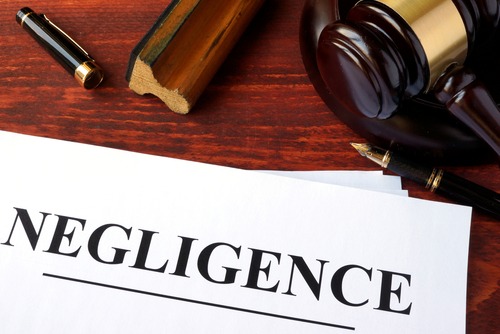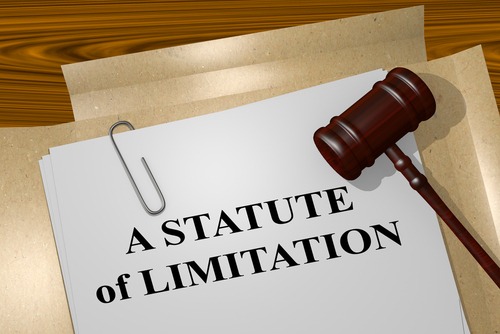
What is Negligence?
You may be wondering what the dictionary definition of negligence actually is. Consider a situation in where you become injured and cannot return to work for your injuries. Somebody was involved in the accident and they acted in an overly careless way, contributing to what you went through. Negligence is when somebody acts in this careless way and causes injury and harm to another person, and is legally liable for any resulting harm that comes of it. The biggest issue is being able to make the determination of who is at fault for these injuries.
Elements
There are four elements involved in making the determination of negligence. The plaintiff must prove these elements against the defendant:
- Duty: The first step comes from seeing if the defendant owed the plaintiff a legal duty of care. A defendant may owe a plaintiff a legal duty to act with reasonable care in a given situation; for instance, a situation where a doctor owes a patient the legal duty of proper medical care treatment.
- Breach: Next, you must ask yourself, did the defendant breach their duty of doing or not doing something that a reasonable person would have done, given the circumstances? If they did, you may have a case.
- Causation: With this, the plaintiff must show that the defendant’s negligence caused his or her injury. It also involved whether or not the defendant could reasonably have foreseen that his or her actions could possibly cause an injury. If the injury was caused randomly, the injury would most likely be deemed unforeseeable, and then damages could probably not be recovered from the defendant.
- Damages: The court must be able to compensate the plaintiff for the injury sustained, which could be through monetary compensation for expenses like medical care or property repair.
Contributory and Comparative Negligence
- Contributory Negligence occurs when a plaintiff’s conduct falls below a certain standard necessary for the plaintiff’s protection. This means the plaintiff most likely would have avoided injuries if he or she had not also been negligent.
- Comparative Negligence reduces the plaintiff’s recovery by the percentage in which the plaintiff is at fault for his or her damages. These include pure, modified, and slight-gross comparative negligence.
What is a Reasonable Person?
A reasonable person, as it applies to negligence, is a creation of legal fiction. This person is seen as an ideal that focuses on how a typical person would act in certain circumstances, and helps decipher whom legality falls upon. The test as to whether a person has acted as a reasonable person is, of course, objective. Specific abilities are not taken into account; therefore, a person who has low intelligence or is chronically careless is held to the same standard as a more careful person or a person with high intelligence. The jury not only takes the defendant’s knowledge into consideration, but knowledge that should be common to everyone in a particular community.
You or a loved one may have been injured due to someone else’s negligence. If this is the case, then you may want to potentially bring up a case. You will want to contact an experienced attorney at MDL in New Jersey. Call them today for a free consultation.


















